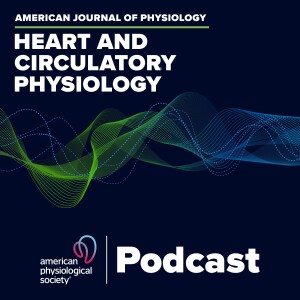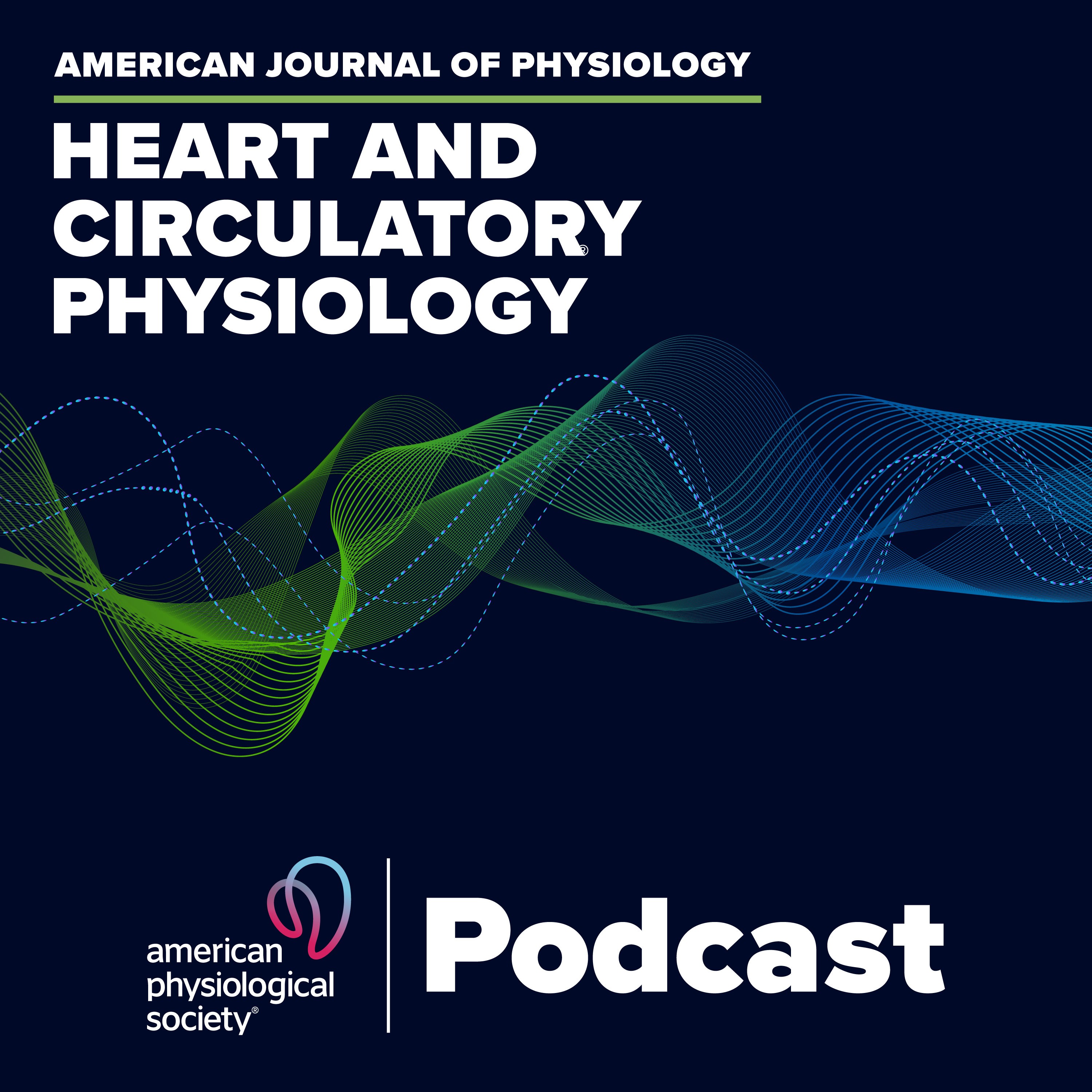Episodes

Tuesday Dec 16, 2014
Increased Intraluminal Pressure Changes Mechanism of Flow-Mediated Dilation
Tuesday Dec 16, 2014
Tuesday Dec 16, 2014
Why are the endothelial-derived contributors to flow-mediated dilation important to humans with vascular disease? Listen as Associate Editor Debra Diz (Wake Forest School of Medicine) interviews lead author Andreas Beyer (Medical College of Wisconsin) and expert Jennifer Pollock (University of Alabama at Birmingham) about the innovative new work by Beyer et al, which shows that an acute stress response in the human vasculature changes the mechanism of dilation from cardioprotective nitric oxide to pro-atherosclerotic hydrogen peroxide after exposure to increased intraluminal pressure. What do the authors speculate is mediating the “switch” from NO to H2O2, and how do pre-existing conditions, such as systemic hypertension, complicate the stress response mechanism? Listen to find out.
Andreas M. Beyer, Matthew J. Durand, Joseph Hockenberry, T. Clark Gamblin, Shane A. Phillips, David D. Gutterman An acute rise in intraluminal pressure shifts the mediator of flow-mediated dilation from nitric oxide to hydrogen peroxide in human arterioles Am J Physiol Heart Circ Physiol, published December 1, 2014. DOI: 10.1152/ajpheart.00557.2014.


No comments yet. Be the first to say something!